Planning Pays Off: 5 Strategies to Get the Most Out of Your Delivery Speed Choice
March 3, 2025
5 min read
Full Truckload Shipping
The full-load transportation market is expected to grow at a 6.08% CAGR, increasing by USD 977.7 billion between 2023 and 2028.
Full truckload services are a shipping method in which a truck carries a single, dedicated shipment. They are ideal for shipments large enough to fully, or almost fully, fill the container.
This makes it not only a cheaper but also a more flexible transportation option because it does not have strict size and weight restrictions. Also, considering that the truck is carrying only your shipment, it will reach its destination sooner.
Lastly, a full truckload requires less handling between transit, reducing the risk of your shipment getting lost or damaged. However, its environmental impact has become a growing concern, and in this article, we will help you understand it.
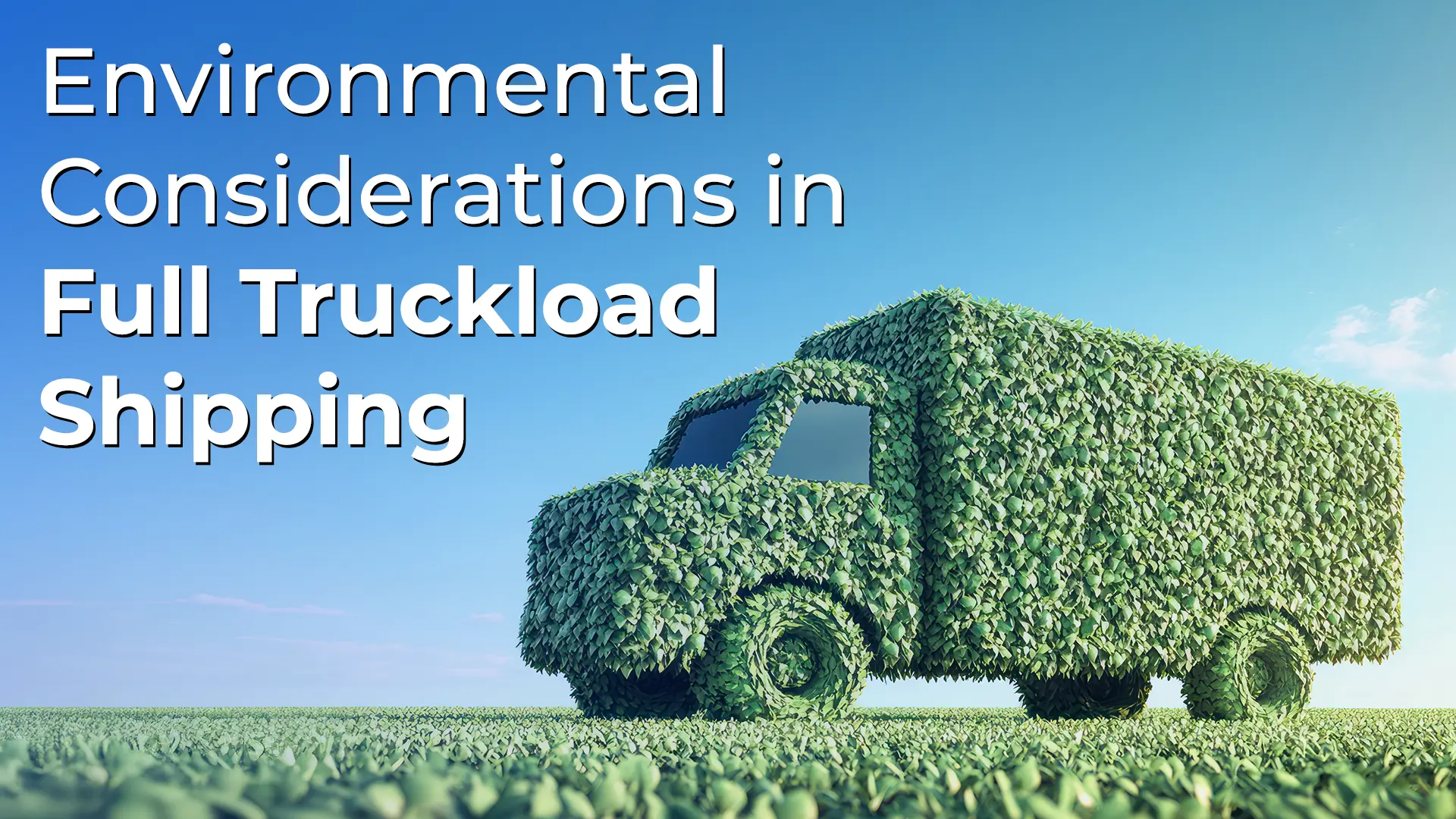
5 Environmental Considerations of Full Truck Load Services
While full truckload shipping helps carry out business operations and meet customer demands, its environmental impact has become concerning.
Air Pollution
One of the biggest concerns with full-load transportation is that it pollutes the air because of its emissions. This is especially true for heavy-duty trailers and trucks, as they tend to cause more air pollution.
Air pollution has a direct impact on everyone’s lives because it contains harmful nitrogen oxide, carbon monoxide, and other particulate matter that reduces air quality. This causes health issues and smog in the city.
Water Pollution
If the material you are transporting through full truckload services is sensitive liquids and chemicals that fall into the hazardous materials category, you risk spills and contamination.
This pollutes our usable water resources, making access to drinking water more difficult with each passing day. Sadly, water pollution is only increasing and damaging more water resources with time.
Noise Pollution
Noise pollution is another environmental impact you should consider when using full truckload services because of the honking. This noise disturbs humans and local wildlife.
Several studies have proved that noise pollution disturbs animals’ ability to use sound to avoid predators, find food and mates, and navigate. For humans, it causes disturbed sleep, hearing loss, poor mental health and immune system, and headaches.
Green House Gas Emissions
Full truckload services tend to rely more on fossil fuel consumption, which leads to the release of greenhouse gases like carbon dioxide and methane.
This has a direct impact on global warming while contributing significantly to our planet’s changing climate. It disturbs everyday life, causing challenges that were unforeseen up until now.
Effect on Ecosystems
The trucking industry has one of the most significant effects on the ecosystem, as its movement and emissions disturb wildlife and natural habitats.
This is because of air, traffic, water, and even noise pollution, which makes healthy living a challenge for all. In fact, with the increasing use of fossil fuels, this detrimental effect deepens.
Wrapping Up
Full truckload shipping is relatively easy, convenient, and inexpensive. However, it has a huge impact on the Earth. Businesses must rethink this use, either by making it greener or changing to a greener alternative.
One of the best ways to ensure this would be to depend on trusted logistics partners like Shipyaari. It provides same-day and next-day deliveries, live tracking, easy integration, express COD remittance, and AI-driven carrier recommendations.
Frequently Asked Questions
Yes, you can adopt practices like fuel-efficient routing, cleaner fuels, and advanced emissions controls to reduce the environmental impact.
You can use some alternatives to fossil fuels in shipping with FTL, including biodiesel, electric trucks, and natural gas since they emit fewer amounts than fossil fuels.
By optimizing routes, companies can minimize fuel consumption and reduce the number of miles driven, leading to lower emissions and fuel costs.
Emissions standards help regulate the pollutants that trucks can release, thus encouraging the use of cleaner energy and reducing environmental impact.
Suggested Reads
Hyperlocal Personalization: Tailoring Experiences for Local Customers
Introduction The eCommerce industry in India has witnessed a rapid growth of hyperlocal services in
Continue ReadingDec






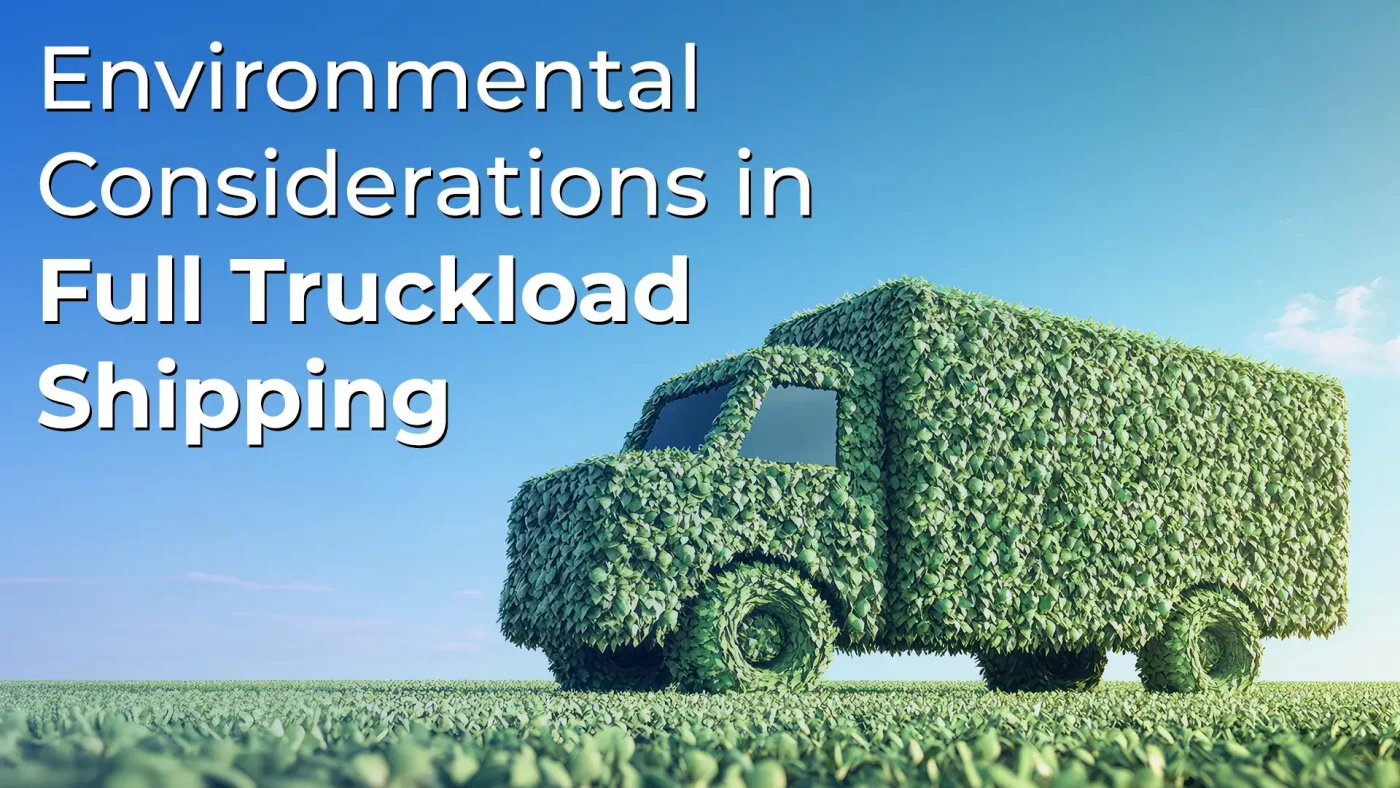



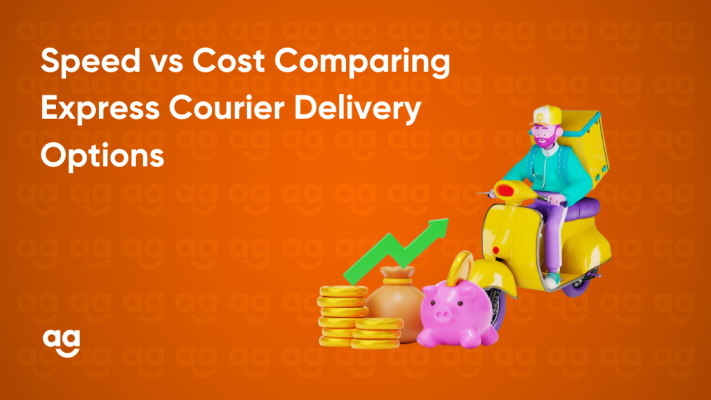

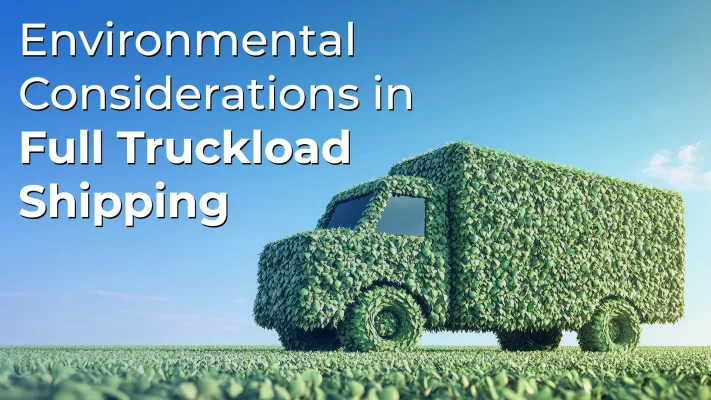
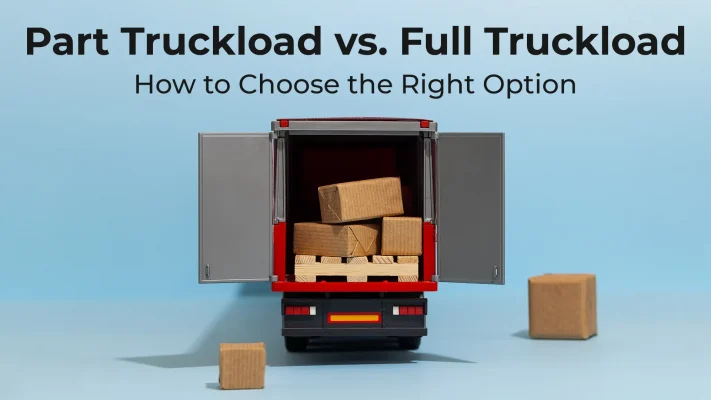
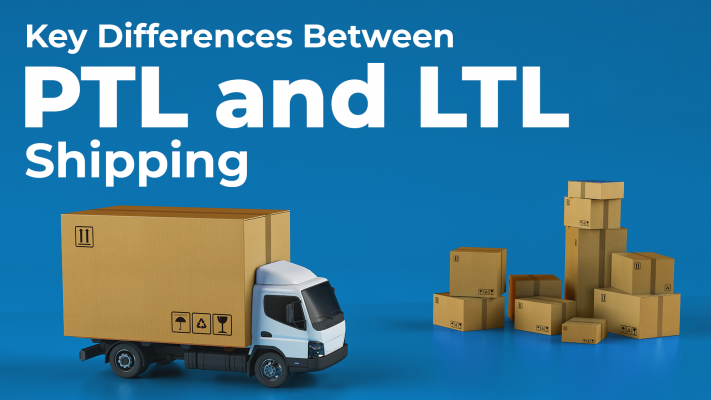

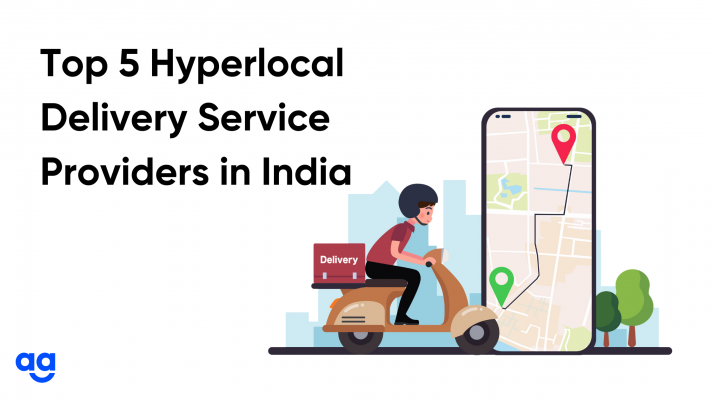
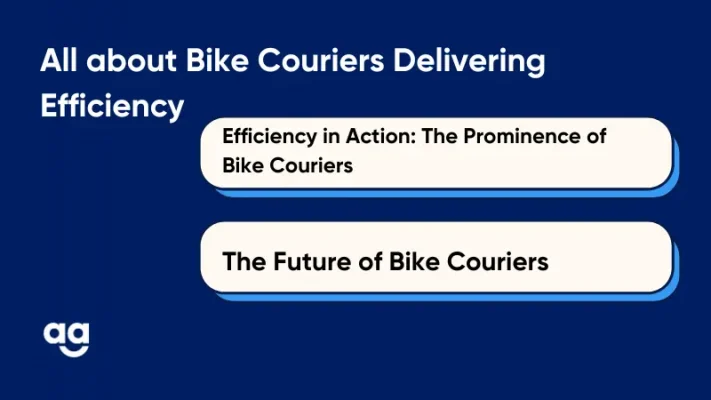
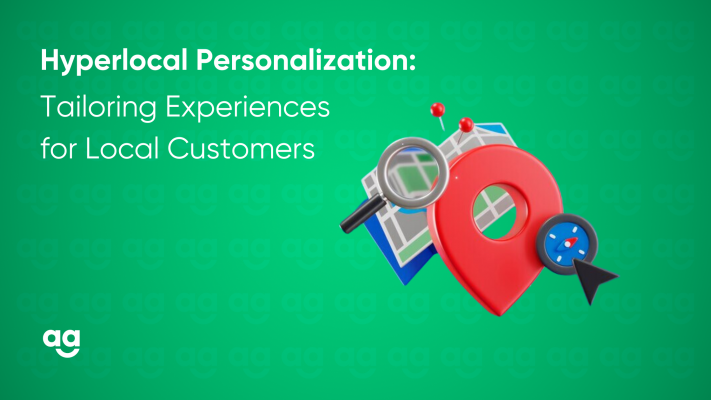
 Shipping
Shipping







